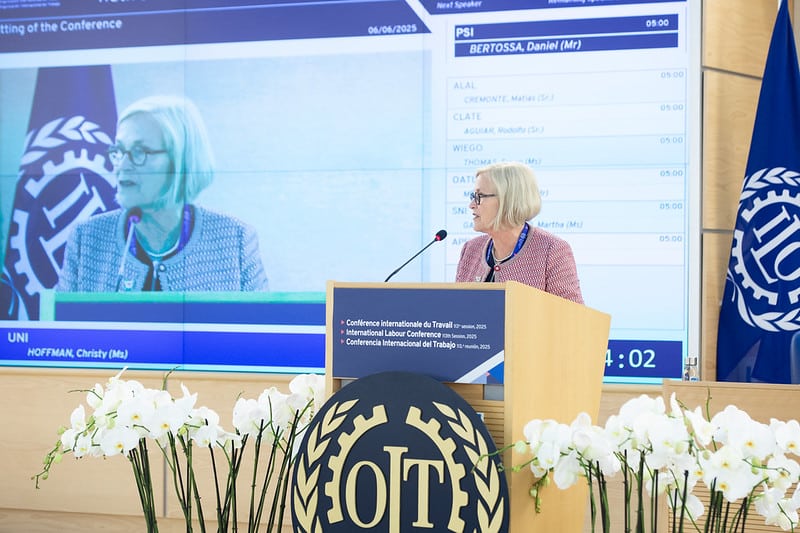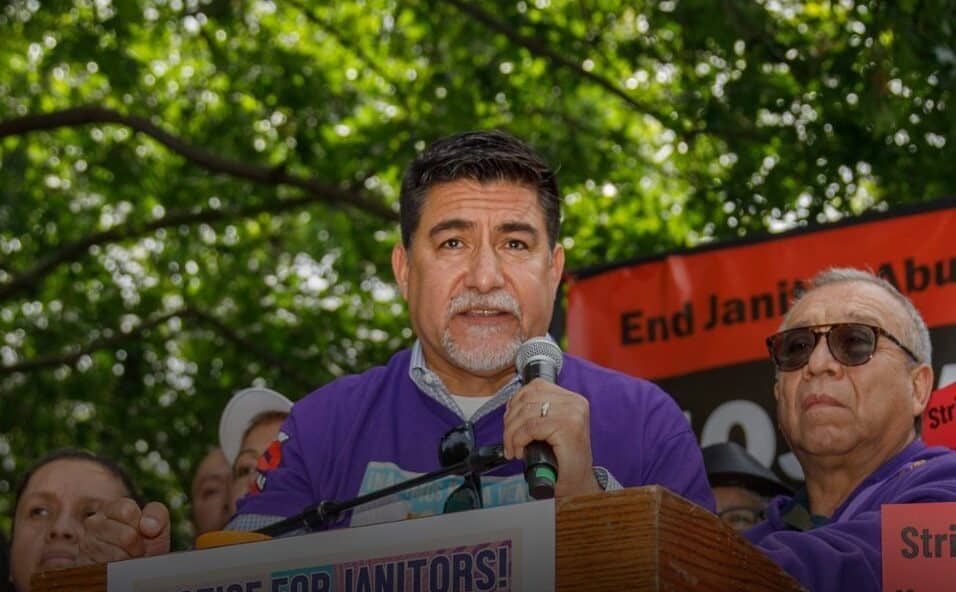Today Telenor ASA signed an agreement with UNI Global Union that enhances workers’ rights for the company’s more than 20,000 employees worldwide.
With gender equality provisions and union recognition protections, the global agreement builds on previous pacts between the 20-million-member service worker federation and the Norwegian telecoms giant, signed in 2013 and 2015. The principles in agreement were hammered out over two years of vigorous negotiations.
“The agreement reflects Telenor’s renewed commitment to workers’ rights throughout its global operations, even in those countries where this is not the easy path,” said UNI General Secretary Christy Hoffman. “We look forward to a productive partnership with the company to ensure that employees do not face obstacles when they decide to form a union and have workplaces free from discrimination and harassment.”
Telenor’s Executive Vice President and Head of Group People Cecilie Heuch said, “At Telenor we always strive to have good mechanisms in place to foster meaningful dialogue between the social partners working within our organisation. Our commitment to our own people is at the heart of how we do business. UNI Global Union has played an important part in advancing worker’s rights over many years, and we are pleased to announce the renewal of this partnership agreement.”
With today’s signing, UNI and Telenor agree to key principles, including:
- A neutral view by management on the establishment of unions;
- An expedited process for union recognition;
- Fair representation of gender, nationality, age, abilities, and LGBTI+ within the total employee base;
- Equal access to opportunities such as promotions;
- Protection against sexual harassment and physical, sexual, and psychological violence at the workplace
- A clear, three-step dispute resolution process based on trust and dialogue between labour and management.
Global agreements set standards for workers’ rights and corporate responsibility across a multinational corporations’ operations. They are particularly important for companies like Telenor which operate in countries like Bangladesh, Myanmar, and Pakistan where systematic violations of labour rights occur. Additionally, labour laws often fall short of international standards and enforcement, if any, is weak.
“Telenor is an international company, and whether in Europe or Asia, employees should have the same human rights and respect,” said Mia Masud, General Secretary of the Grameenphone Employees Union (GPEU) and employee of Telenor subsidiary Grameenphone in Bangladesh. “This global agreement makes sure that management in every country will respect workers’ right to have a union and the right to collective bargaining.”
The GPEU is currently negotiating a collective agreement with the company after a multiyear push for recognition.
“The value of global agreements in building social dialogue between workers and management is irrefutable,” said Teresa Casertano, Head of UNI ICTS. “We are excited to work with Telenor and local unions to advance our relationship built on mutual respect.”


